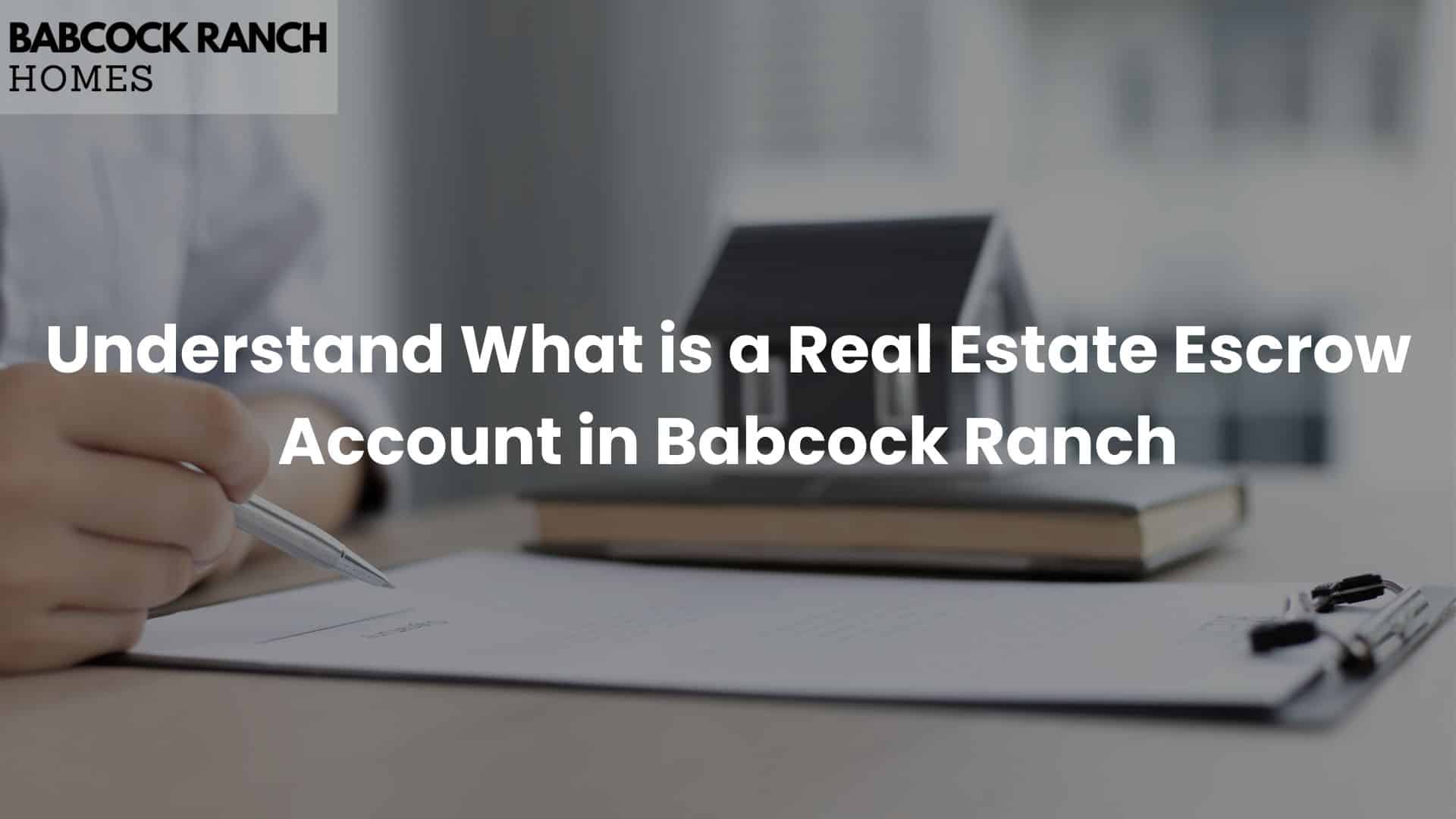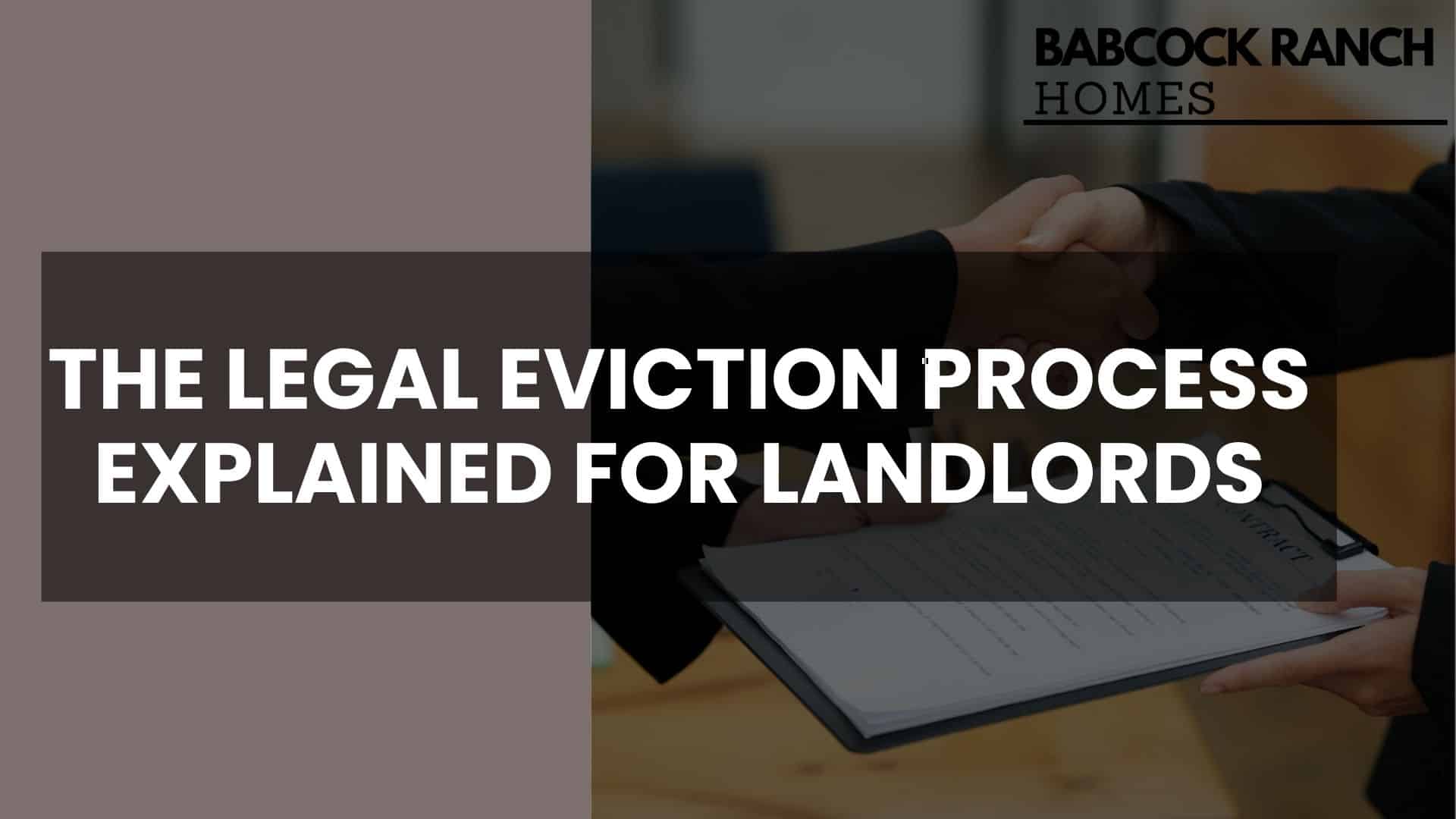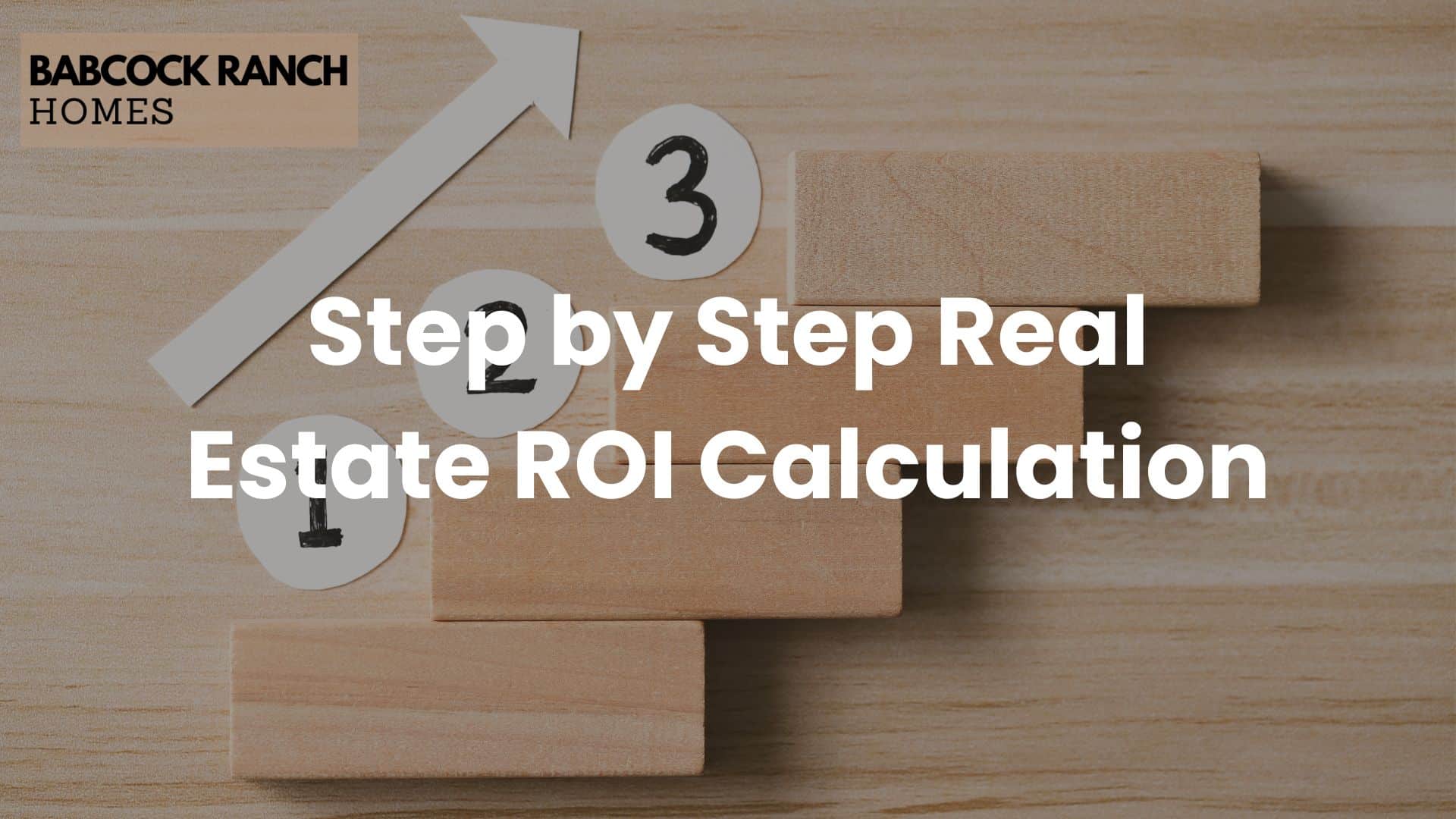Purchasing property often involves financial support from loved ones. When family members contribute to a down payment, lenders require proof that these funds aren’t loans needing repayment. This verification comes through a critical document known as a gift letter.
A properly prepared letter confirms the money provided is truly a gift. It protects borrowers by keeping their debt-to-income ratio favorable, which strengthens mortgage approval chances. Lenders and tax authorities both review these documents to ensure compliance with financial regulations.
For residents in communities like Babcock Ranch, Florida – where sustainable living meets modern convenience – understanding this process helps streamline home purchases. Whether buying your first Babcock Ranch home or investing in property, clarity about financial requirements empowers smarter decisions.
Key Takeaways
- Verifies down payment funds as non-repayable gifts
- Maintains borrower’s debt-to-income ratio for loan approval
- Required by lenders and reviewed by IRS for compliance
- Must include donor’s contact details and relationship to buyer
- Essential for purchases in communities like Babcock Ranch
- Prevents misunderstandings about financial obligations
Introduction to Gift Letters in Mortgage Applications
Securing a home loan requires meticulous documentation, especially when using donated money for upfront costs. Lenders mandate written verification to confirm these contributions aren’t hidden loans. This is where a mortgage gift letter becomes essential – it serves as formal proof that funds come with no strings attached.
Why do financial institutions insist on this paperwork? First, it protects both parties. Borrowers avoid adding repayment obligations to their existing debts, keeping their financial profile loan-ready. For lenders, it reduces risk by ensuring transactions comply with federal regulations.
Transparency matters in real estate deals. A properly executed document details the donor’s relationship to the buyer, the exact amount provided, and its intended use (like down payments or closing costs). Missing these specifics could delay approvals or trigger additional scrutiny.
Different loan programs – conventional, FHA, or VA – have unique guidelines for acceptable funds. Babcock Ranch Homes simplifies this process, offering tailored advice to navigate requirements efficiently. Their expertise ensures your paperwork aligns with lender expectations while addressing tax considerations, such as when donors need to file gift tax returns for larger contributions.
what is a gift letter for mortgage
Documenting financial contributions properly ensures mortgage applications proceed smoothly. A gift letter serves as formal evidence that money received isn’t loan requiring repayment. Lenders demand this paperwork to verify funds won’t burden borrowers with additional debt obligations.
- Donor’s full name, address, and relationship to the homebuyer
- Exact amount transferred and date of transaction
- Property address where funds will be applied
Financial institutions distinguish gifts from loans through specific language. Phrases like “no expectation of repayment” must appear clearly. The recipient’s bank account statements usually show the deposited gift funds, matching the letter’s details.
Proper documentation protects all parties involved. Donors avoid future misunderstandings, while buyers maintain favorable debt-to-income ratios. Later sections explore how to structure these letters effectively and navigate lender-specific requirements.
Key Components and Requirements of a Gift Letter
Crafting a valid gift letter requires precision to meet lender standards. Three core elements ensure compliance: donor transparency, financial specifics, and unambiguous intent.
Donor Information and Relationship
Lenders demand full donor identification to prevent hidden liabilities. Essential details include:
| Component | Purpose |
|---|---|
| Full legal name | Verifies donor identity |
| Contact information | Enables lender verification |
| Family relationship | Establishes eligibility per loan type |
One mortgage underwriter notes:
“Accurate donor profiles reduce approval delays by 40% – incomplete forms trigger extra scrutiny.”
Gift Amount, Date, and Purpose
Exact figures matter. Specify the cash amount in both numeric and written formats, along with the transfer date. Lenders cross-reference bank statements to confirm deposits align with stated timelines.
Clearly state the payment’s purpose – whether for down payments or closing costs. This ensures funds comply with loan program rules. For example, Fannie Mae requires gifts to cover at least 5% of the purchase price in conventional loans.
Include the phrase “This is a genuine gift with no expectation of repayment” to satisfy regulatory requirements. Missing this language may force donors to file gift tax returns if contributions exceed annual limits.
Thorough documentation protects all parties. Buyers maintain clean debt-to-income ratios, while lenders avoid compliance risks. Structured correctly, these letters streamline approvals in competitive markets like Babcock Ranch.
Who Can Gift Money? Understanding Eligible Donors
Eligible donors for mortgage down payments vary by loan type, creating opportunities beyond immediate family. Lenders prioritize transparency to confirm funds align with program rules while protecting borrowers from hidden liabilities.
Family Members and Close Relatives
Conventional loans typically restrict gift money to blood relatives, spouses, or domestic partners. Fannie Mae and Freddie Mac require proof of relationship, such as birth certificates or marriage licenses. Common examples include:
- Parents covering 20% down payments
- Siblings contributing to closing costs
- Grandparents providing lump-sum gifts
Non-Relatives and Other Acceptable Sources
Government-backed loans offer more flexibility. FHA and USDA programs permit gifts from employers, close friends, or charitable organizations. Key requirements include:
| Loan Type | Eligible Donors | Documentation |
|---|---|---|
| FHA | Employers, unions, nonprofits | Donor affidavit |
| VA | Friends with longstanding ties | Relationship verification letter |
One mortgage advisor notes:
“Non-family donors often need to provide bank statements showing they can afford the gift without repayment.”
Lenders scrutinize non-relative contributions more closely. Expect requests for donor financial records or written confirmation of your personal connection. Proper documentation prevents delays, especially when using gift money for payment assistance in competitive markets like Babcock Ranch.
Guidelines for Gift Funds Across Loan Types
Mortgage programs have distinct rules for accepting financial contributions. Knowing these variations helps borrowers select the best loan type while meeting documentation standards. Requirements differ significantly between conventional and government-backed options.
Conventional Loan Standards
Fannie Mae and Freddie Mac require gifts from family members only. Donors must provide:
- Signed gift letter with “no repayment” clause
- Bank statements showing transfer history
- Proof of relationship (birth certificate, marriage license)
Funds must cover at least 5% of the purchase price. One lender advises:
“Conventional loans demand stricter donor verification – prepare paperwork early to avoid closing delays.”
Government-Backed Program Rules
FHA, VA, and USDA loans offer more flexibility:
| Loan Type | Eligible Donors | Seasoning Period |
|---|---|---|
| FHA | Employers, nonprofits, friends | 60 days in account |
| VA | Relatives or close associates | No minimum |
| USDA | Family members only | 30-60 days |
VA loans require a donor relationship statement. USDA programs need additional forms for non-relative contributions. Always confirm timelines – some lenders require funds to season for specific periods before closing.
Choosing the right program streamlines approvals. Babcock Ranch buyers often combine gift money with sustainable housing incentives for optimal financing.
How Lenders Verify Gift Funds and the Impact on Your DTI
Financial contributions from family can accelerate homeownership goals, but lenders need assurance these funds meet strict guidelines. Verification protects against hidden debts and ensures compliance with federal regulations.Documentation and Fund Seasoning
Lenders scrutinize two key aspects: paper trails and timing. A 60-day seasoning period is standard for most loans – funds must remain in the recipient’s account for at least two months before closing. This prevents last-minute deposits from undisclosed sources.
Underwriters cross-check three documents:
- Signed gift letters specifying no repayment
- Bank statements showing the transfer
- Donor’s financial records proving ability to give
One mortgage analyst explains:
“Seasoned funds reduce red flags – they show stability and transparency in the buyer’s financial profile.”
Incomplete paperwork can inflate your debt-to-income ratio. Undocumented gifts may appear as liabilities, jeopardizing loan approval. Proper records keep your DTI below critical thresholds by excluding these funds from monthly obligations.
Large deposits trigger extra checks. Lenders verify sources to prevent money laundering or tax evasion risks. For Babcock Ranch buyers, working with experienced agents ensures documentation aligns with local lender requirements while maintaining financial flexibility.
Steps to Obtain and Document Gift Money Properly
Navigating the gift money process requires strategic planning and attention to lender guidelines. Proper execution ensures funds qualify for your home purchase while maintaining financial transparency.
Timing for Fund Transfers
Transfer timing impacts loan approval. Most lenders require funds to season in your account for 60 days before application submission. This proves stability and prevents last-minute deposit concerns.
| Loan Type | Minimum Seasoning | Transfer Method |
|---|---|---|
| Conventional | 60 days | Wire transfer |
| FHA | 60 days | Cashier’s check |
| VA | No requirement | Direct deposit |
Delayed transfers risk closing delays. Schedule transactions early to meet deadlines, especially in competitive markets like Babcock Ranch.
Ensuring Proper Documentation
Follow these steps for seamless verification:
- Obtain a signed letter template from the donor immediately after transfer
- Save bank statements showing deposit details
- Confirm donor’s ability to give through their financial records
Organize documents in labeled folders for quick access. Mortgage processors often request:
- Dated transfer receipts
- Updated account statements
- Notarized confirmation of no repayment terms
“Collaborating early with loan officers prevents 80% of documentation issues,” notes a Florida mortgage advisor. “Share your timeline and donor details during pre-approval.”
Regular communication with financial professionals streamlines the process. They’ll help align your paperwork with specific program requirements while addressing tax implications.
Utilizing Gift Letters for Down Payment and Closing Costs
Strategic use of financial contributions can transform homebuying challenges into achievable milestones. When donors provide money for upfront expenses, these funds often cover two critical areas: initial deposits and final settlement charges. Properly structured documentation ensures lenders recognize these transfers as legitimate support rather than hidden liabilities.
For a primary residence, gifted money may fully satisfy down payment requirements. This eliminates the need for personal savings in some cases, particularly with FHA loans allowing 100% gifted down payments. Closing costs – including appraisal fees and title insurance – can also be offset through these contributions, reducing out-of-pocket expenses by thousands.
| Funding Type | Down Payment Coverage | Documentation Needed |
|---|---|---|
| Fully Gifted | Entire amount from donor | Signed letter, transfer records |
| Partially Self-Funded | Combination of personal/gifted funds | Separate paper trails for each source |
Lenders verify contributions through three steps:
- Matching bank statements to gift letter amounts
- Confirming donor’s financial capacity
- Checking for repayment clauses
“Gifted funds bypass debt-to-income calculations when properly documented,” explains a Tampa Bay mortgage specialist. “This flexibility helps buyers qualify for better loan terms.”
Transparent records prevent delays during underwriting. Whether purchasing a single-family home or multi-unit property, organized paperwork demonstrates compliance with financial regulations. Babcock Ranch buyers often leverage this strategy to pair sustainable living incentives with family support.
Sample Gift Letter Template and Customization Tips
Creating a valid financial contribution document requires both structure and adaptability. Use this framework to meet lender expectations while addressing unique circumstances.
Template Breakdown and Essential Inclusions
Effective templates contain these critical elements:
[Street Address]
[City, State, ZIP][Date]To [Lender’s Name]:
I confirm this contribution of $[Amount] (written as “[Amount in Words]”) to [Recipient’s Name] on [Date]. These funds will assist with the purchase of [Property Address].
This transfer represents a genuine gift with no expectation of repayment, now or in the future.
Sincerely,
[Donor Signature]
[Printed Name]
[Phone Number]
Each section serves a purpose:
- Donor details: Verifies identity and contactability
- Amount formats: Prevents numerical discrepancies
- Property address: Links funds to specific transactions
Customization Tips for Your Situation
Adapt the template using these strategies:
| Scenario | Adjustment |
|---|---|
| Non-family donors | Add relationship explanation |
| Multiple contributors | Include separate letters |
| USDA loans | Attach Form RD 3550-21 |
Loan officers recommend:
“Customize the no repayment clause if donors cover specific costs like inspection fees. Specify exact uses to speed up underwriting.”
Always verify formatting rules with your financial institution. Some require notarization or additional bank statements. Babcock Ranch buyers often benefit from local lender checklists that align with Florida’s real estate regulations.
Tax Implications and Gift Tax Return Considerations
Navigating tax rules for monetary contributions ensures compliance and prevents surprises. Recipients typically don’t owe income taxes on these funds, but donors may face reporting requirements depending on amounts given.

Annual Gift Exclusion Limits
The IRS allows individuals to give up to $18,000 per recipient in 2025 without filing paperwork. Married couples can jointly gift $36,000 annually. Amounts exceeding these thresholds require donors to file gift tax returns using Form 709.
| Contribution Type | Tax Form | Threshold |
|---|---|---|
| Single donor | Form 709 | $18,000+ |
| Joint donors | Form 709 | $36,000+ |
| Lifetime exemption | N/A | $13.61 million |
These filings don’t always mean paying taxes immediately. The excess applies toward the lifetime exemption limit, which currently stands at $13.61 million per person. Loan type affects documentation – FHA loans require different verification than conventional mortgages.
“Most families never reach lifetime limits,” notes Tampa tax advisor Maria Cortez. “But proper filing protects donors and maintains clear financial records.”
Consulting a qualified professional helps navigate state-specific rules and loan program variations. Babcock Ranch buyers often benefit from Florida’s lack of state income tax on gifts, though federal regulations still apply.
Local Homebuying Insights for Babcock Ranch, Florida
Babcock Ranch combines eco-friendly living with modern amenities, creating unique opportunities for property buyers. Local market trends show increased demand for energy-efficient homes, influencing down payment strategies. Many residents use family contributions to secure competitive financing while maintaining sustainable lifestyles.

Tailored Support for Smart Investments
Babcock Ranch Homes offers specialized guidance through every step:
- Analyzing current inventory trends for optimal purchase timing
- Connecting buyers with preferred lenders familiar with green incentives
- Explaining local zoning rules affecting property improvements
| Market Trend | Down Payment Impact | Expert Tip |
|---|---|---|
| High demand for solar homes | 5-10% higher upfront costs | Combine gifts with tax credits |
| Rising property values | Larger deposits recommended | Lock rates during pre-approval |
A Babcock Ranch agent shares:
“Understanding neighborhood-specific lender requirements saves buyers 3-5 weeks in processing. We streamline documentation for faster closings.”
Your Local Resource Team
Contact Babcock Ranch Homes at 518-569-7173 for personalized assistance. Their team helps navigate:
- Seasonal market fluctuations
- Energy-efficient mortgage options
- Family contribution documentation
Conclusion
Successfully navigating mortgage requirements hinges on clear financial documentation. A well-prepared gift letter proves essential for verifying contributions while maintaining compliance with lender policies. This document protects borrowers by confirming funds require no repayment, keeping debt ratios favorable.
Key elements include donor details, exact amounts, and explicit statements about the gift’s purpose. Eligibility rules vary across loan programs – conventional options often restrict donors to relatives, while government-backed loans allow broader sources.
Use the provided template as a foundation, customizing it for specific situations like non-family contributions or unique property purchases. Proper paperwork avoids delays during underwriting and ensures smooth transactions.
Consulting professionals simplifies complex processes. Babcock Ranch Homes offers localized expertise, helping buyers align documentation with lender expectations and sustainable living incentives. Their team streamlines approvals while addressing tax implications and regional market trends.
Ready to move forward? Connect with trusted advisors to transform your real estate goals into reality. Clear guidance empowers confident decisions at every stage.




















